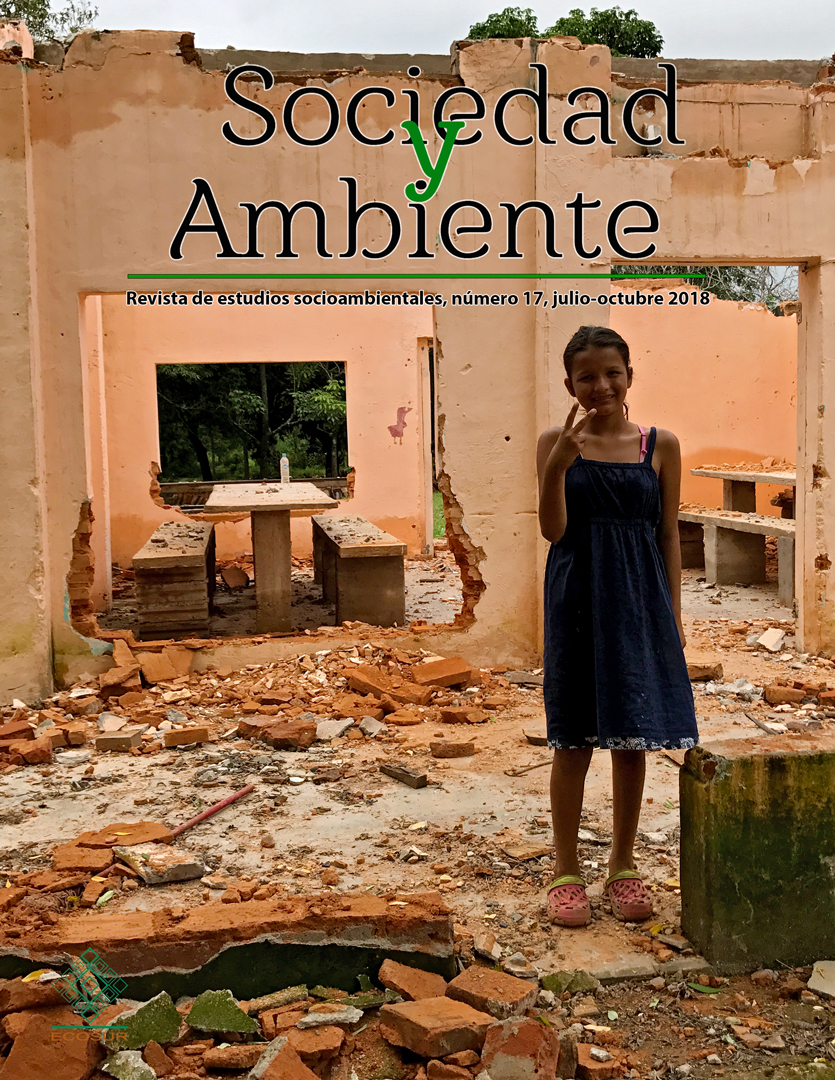Abstract
The purpose of this article is to evaluate vulnerability to climate variability in seasonal maize crops in the Rural Development District 073-Toluca, Mexico. For this purpose, temperature and precipitation are analyzed, as well as their influence on maize yields and harvests from 1980 to 2014, as well as socioeconomic conditions and indicators to measure the degree of exposure, sensitivity and adaptability, in order to create an index of vulnerability for every municipality in the district. The results show that since2000, the climate variables used have increased in the municipalities of the Toluca Valley-Metropolitan Area. It is concluded that maize has benefited as a result of the change in temperature, but precipitation has altered irrigation and flood seasons, affecting potential areas for cultivation and endangering the socioeconomic conditions of the population. The most vulnerable municipalities are in the south of the district and have a low adaptive capacity, which calls for adaptive strategies capable of addressing climate variations.

Sociedad y Ambiente by ECOSUR is licensed under a Creative Commons Reconocimiento-NoComercial-SinObraDerivada 2.5 México License


